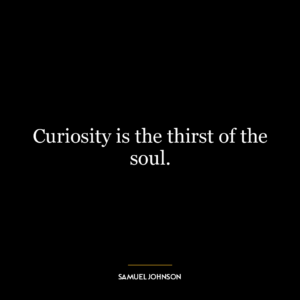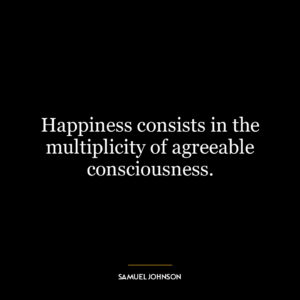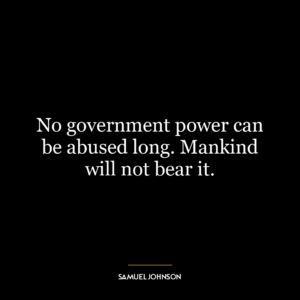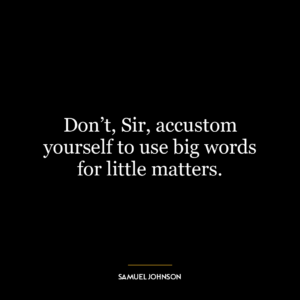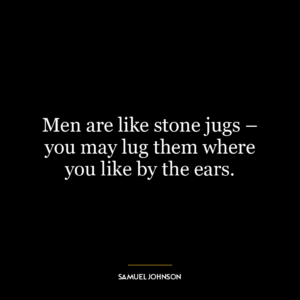This quote encapsulates the idea that while physical possessions can be shared amongst a community, emotional and personal values such as love and esteem cannot. Material possessions are tangible, they can be divided, distributed, or even replicated. However, emotions like love and esteem are deeply personal experiences that vary from person to person. They cannot be owned collectively because they rely on individual perceptions, feelings and experiences.
The concept of ‘community of material possessions’ refers to the sharing or common ownership of physical resources – something often seen in communal living situations or societies with socialist leanings. For instance, in a commune people might share everything from food to housing.
On the other hand ‘community of love or esteem’ is more abstract. Love and esteem are subjective emotions that depend on personal relationships and individual judgments respectively. These cannot be uniformly distributed or commonly owned because each person’s capacity to love is different; similarly each person’s basis for giving esteem varies widely.
Applying this concept to today’s world could shed light on many social dynamics. In an era where material wealth is often given undue importance, this quote reminds us that there are things far more valuable than what we own – our ability to give/receive love and respect/esteem others.
In terms of personal development too this idea holds significance – it underlines the importance of cultivating our emotional intelligence along with amassing material wealth for a balanced life experience. It also emphasizes how we need to value ourselves not based on what we own but who we are as individuals capable of loving others and being worthy of respect ourselves.
Furthermore it hints at how societal constructs like status determined by wealth do not necessarily command genuine respect/esteem nor guarantee happiness which comes from giving/receiving love unconditionally – something worth considering in an increasingly consumerist society where self-worth is often tied up with external validations rather than intrinsic values such as kindness, empathy etc.,



